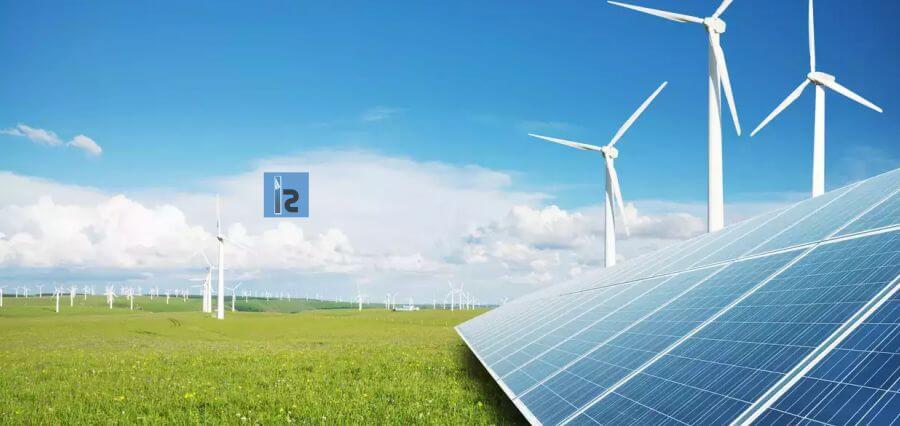The International Energy Agency’s report on global energy investment in 2023 highlights both encouraging progress and lingering challenges. While the projected investment of $2.8 trillion indicates a significant commitment to the transition towards a cleaner and more sustainable energy future, the report also reveals the persistent dominance of fossil fuel investments.
The allocation of over $1.7 trillion to clean energy technologies like electric vehicles, renewables, and storage signals a growing recognition of the urgent need to address climate change. However, the IEA’s findings show that coal, gas, and oil still attract substantial investment, surpassing $1 trillion this year alone. This misalignment poses a significant obstacle to achieving the goals outlined in the Paris Agreement and the imperative of limiting global warming to well below 2 degrees Celsius.
The detrimental impact of fossil fuels on the environment cannot be ignored. Human activities, particularly the burning of coal, oil, and gas, have been identified as the primary drivers of climate change. The report’s emphasis on the substantial gap between current fossil fuel investments and the requirements for a net-zero emissions future raises concerns about the industry’s commitment to long-term sustainability.
Despite these challenges, there are signs of progress. The IEA highlights the accelerating momentum of clean energy investments, outpacing fossil fuel investments by a ratio of approximately 1.7 to 1. This shift is exemplified by the increasing investment in solar energy, which is poised to surpass oil production investment for the first time.
While the report underscores the need for stronger alignment between investment patterns and climate goals, it also offers hope for a changing energy landscape. Continued efforts and policy interventions are necessary to redirect investment flows towards clean technologies and accelerate the transition to a low-carbon economy. The future of global energy investment lies in harnessing the potential of clean energy, driving innovation, and forging a sustainable path towards a greener future.


